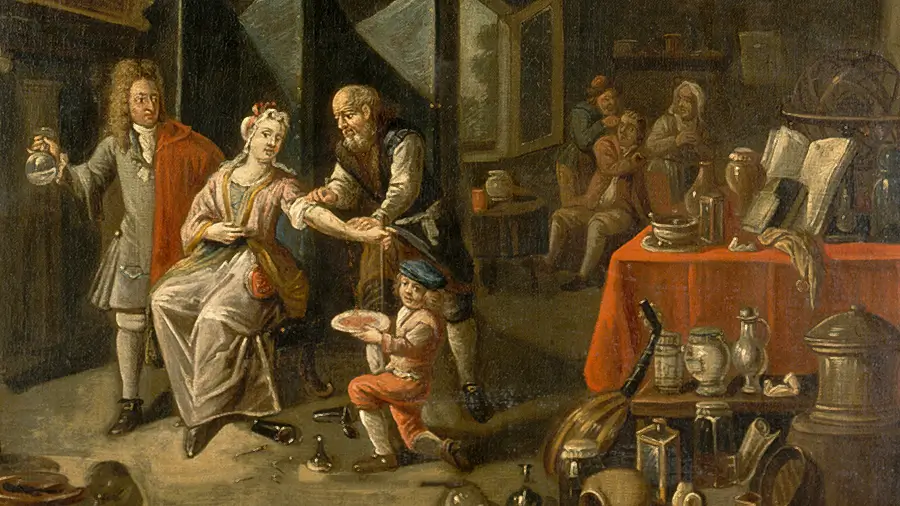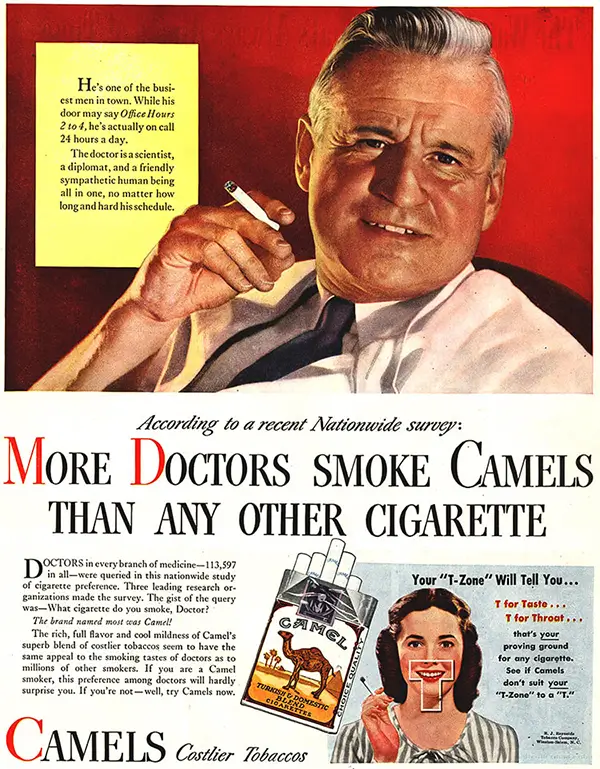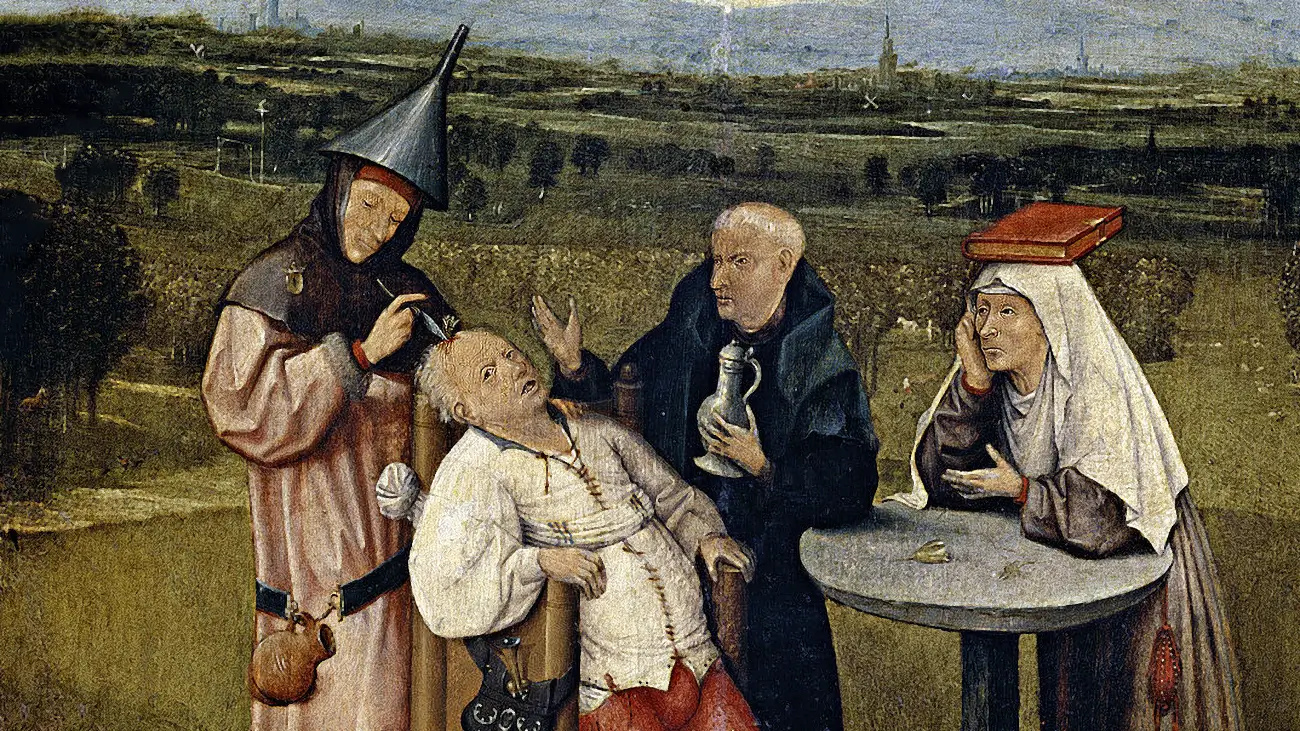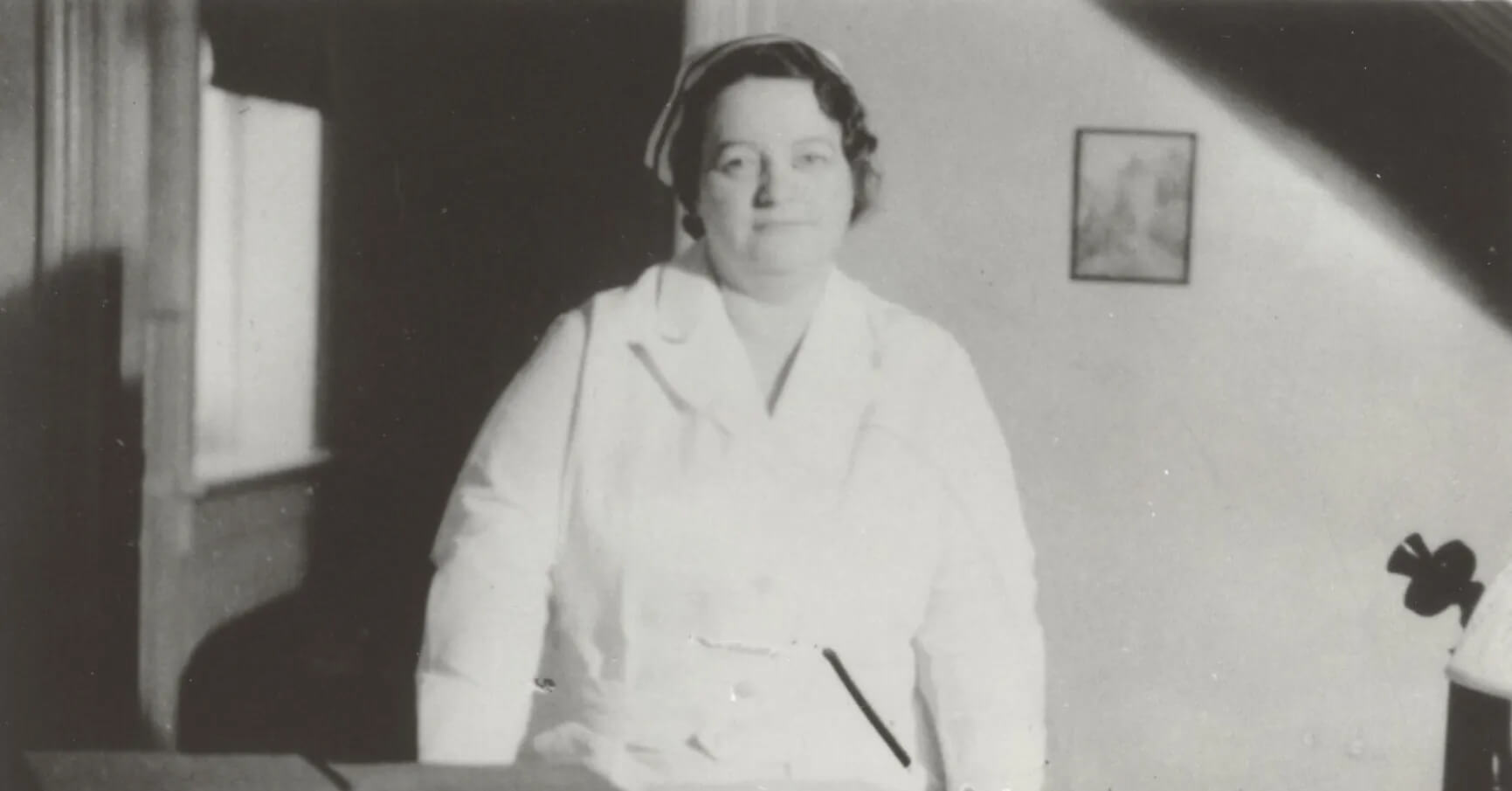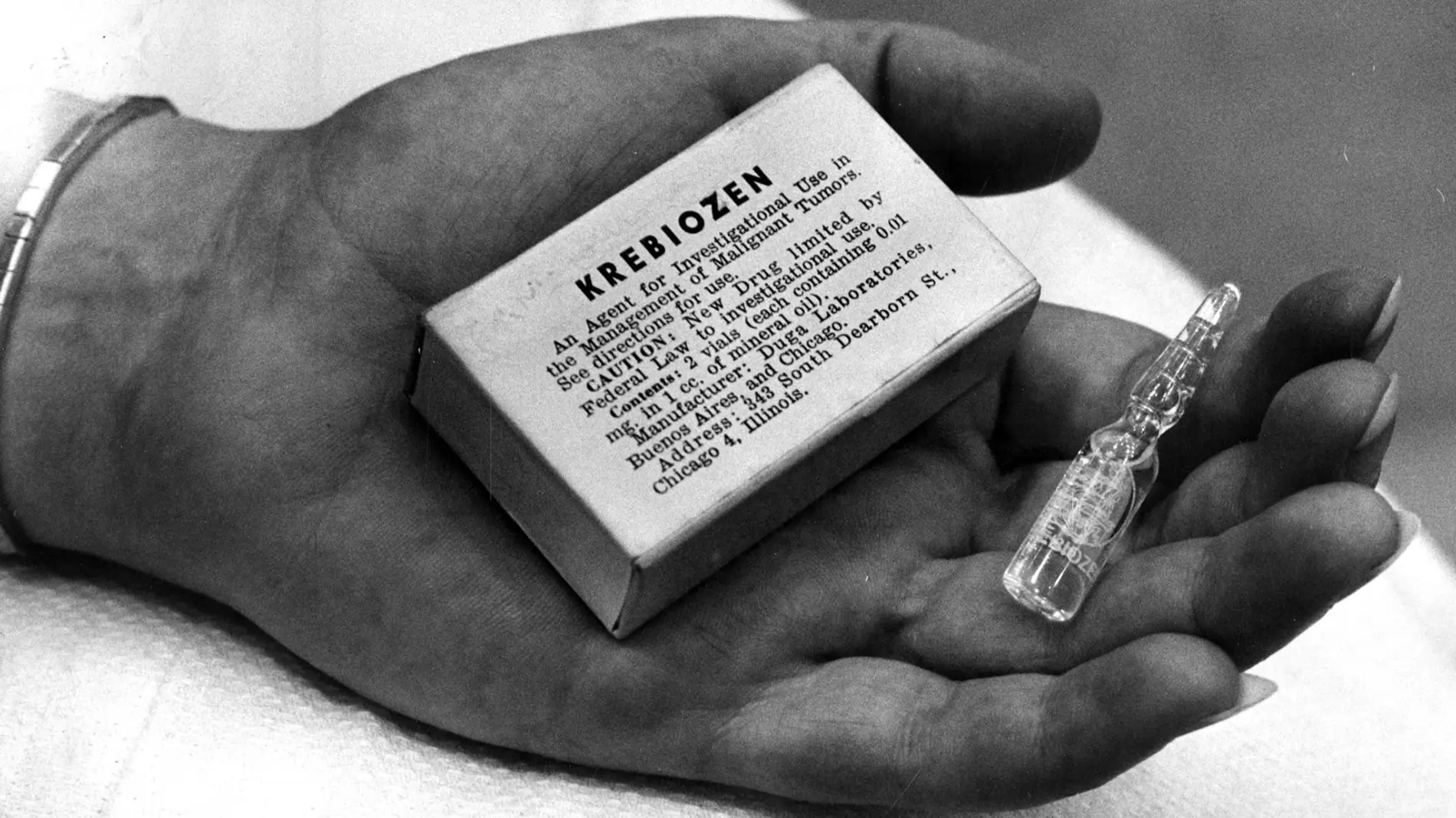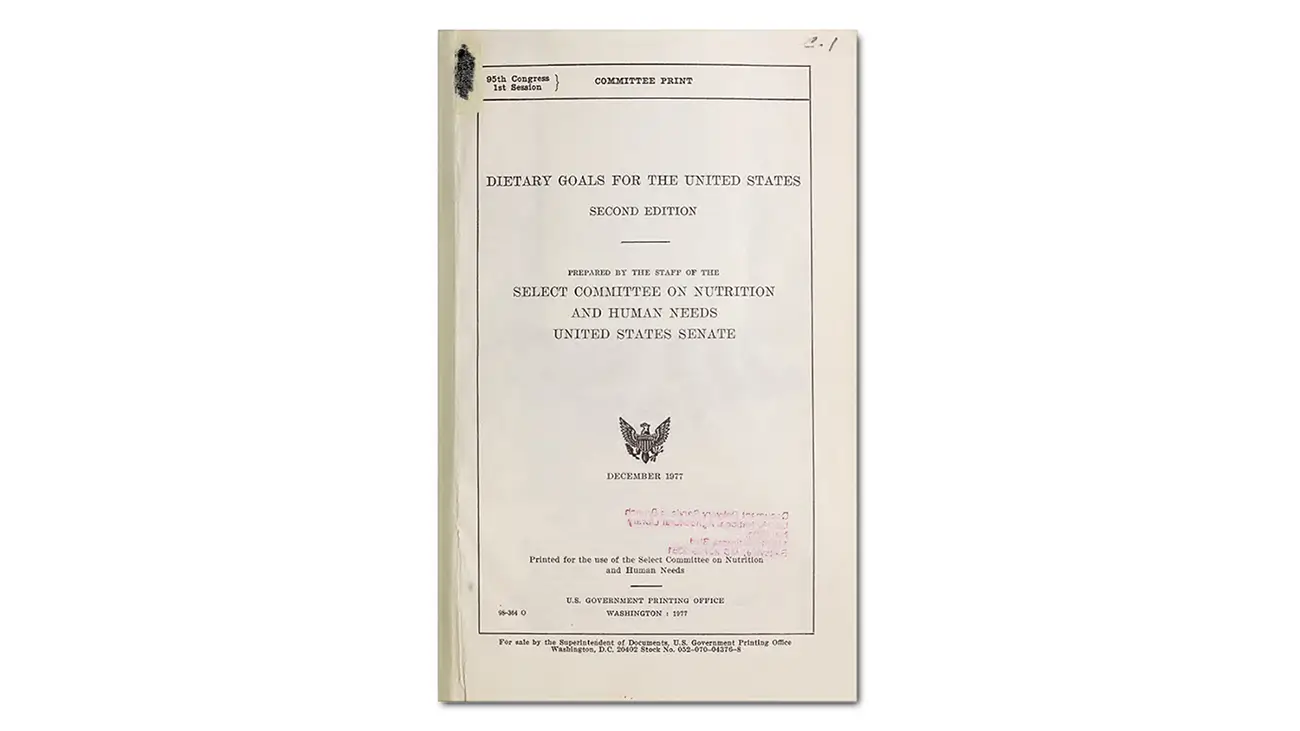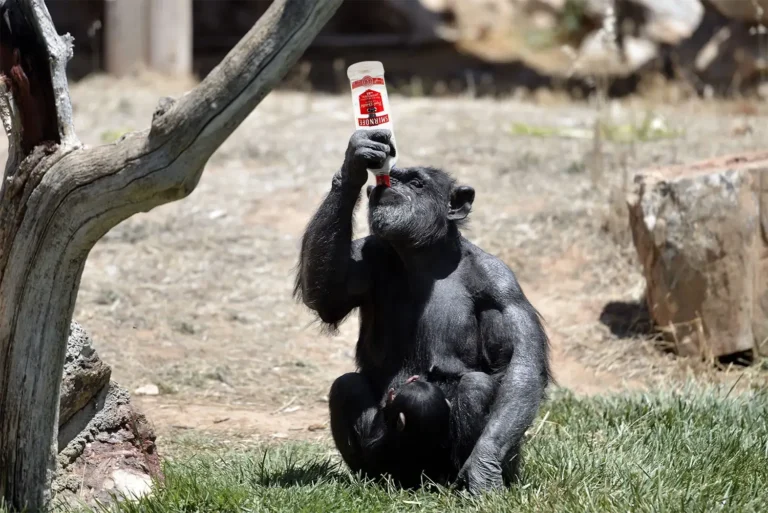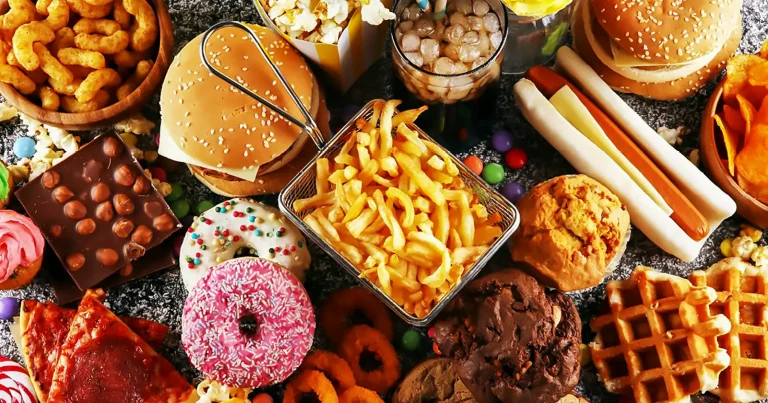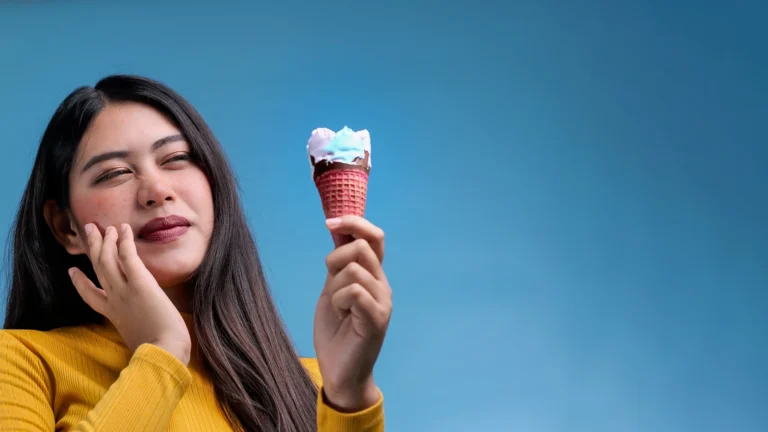Allopathic Medicine- The Rise of an Industry
The balance of medical branches remained equal to about the turn of the 20th century when new medical treatments emerged that were potentially very profitable.
Milos Pokimica
Written By: Milos Pokimica
Medically Reviewed by: Dr. Xiùying Wáng, M.D.
Updated June 9, 2023Around 100 years ago modern allopathic medicine was finally able to neutralize so-called empirical doctors or holistic or natural healers. They were called empirical because they have been utilizing only empirical observation without any form of science. Knowledge was carried down from one generation to another in the form of natural herbal and another form of folk medicine. In the 1800s society was split between two forms of medicine and there was the regulation of both forms with laws and restrictions equally. Patients had a choice of using both forms of treatment, the allopaths, and the empirics. The allopathic (modern) doctors called their approach heroic medicine and believed in the use of poisons to aggressively treat diseases. They called their practice scientific theory. They used three main techniques.
- They bled the body to drain out the bad toxins like in the middle ages. During the plague of the middle ages, treating practice was to cut open the veins leading to the heart. This, in their mind, should allow the disease to leave the body. The swellings associated with the Black Death also were cut open to allow the disease to leave. They continued to use this form of practice.
- Then they give huge doses of toxic heavy metals like mercury which lead to displacing the original disease.
- They also used surgery which was the best method of them all. They scientifically studied human anatomy and believed in the same principle of aggressively treating diseases by cutting them out.
Empirical doctors believed in the natural human body’s potential for self-healing and did not use any form of surgery. They did not even allow for the piercing of the human skin in any form. So they never practiced surgery. At that time that was a brutal method without anesthetics and infection control. Even bad teeth were life-treating and painful removal procedures without antibiotics. Allopaths did that surgery too. At that time most patients feared allopathic methods altogether and on not-so-rare occasions, patients did die from the cure. Empiric healers contrary to the doctors believed in stimulating the body’s defenses to heal itself instead. They used vegetable products, herbs, and nontoxic substances in small quantities too. Usually, if treatment was not successful, they did not aggravate the state of the disease, and if the patient did die, he died from the disease itself not the cure like mercury or bleeding.
The balance and coexistence of both medical branches remained equal until about the turn of the century when new medical treatments emerged that were potentially very profitable.
The American Medical Association was joined and influenced by strong financial and controlling forces and transformed medicine into an industry. International banking cartels or in personal names Rockefeller, Morgan, and Carnegie financed surgery, radiation, and synthetic drugs. Carnegie at a later time sold out all of his businesses to Morgan and became a philanthropist. Rockefeller and Morgan were some of the founders and stockholders of the Federal Reserve (a private bank that still controls the US and global economy to large extent) and were also heavy industry and oil industry monopolists. They were to become the business foundations of the new medical industry.
A takeover of the medical schools allowed for a takeover of the entire medical industry. Carnegie, in particular, came into the picture and said that he would put finances. They invested tremendous amounts of money into the founding of the new industry, in particular into the schools that were complacent about cooperating with them. For the money, they spent they had a request to put some of their people on a board of directors to see that their money is spent wisely. What happens was that all of the major universities received large grants from these people and also accepted one or more of these people on the board of directors. Now, they were not there to spread science and learning in pursuit of social well-being and human happiness. They were put there as a larger scheme of plans to ensure the interest of the bankers. Almost overnight schools were taken over. The schools did get large amounts of money, and they did spend it on new expensive equipment and built new buildings and new laboratories, and hired more researchers and teachers. However, at the same time, they sold their interest to the growing industry called medicine dominated by newly founded pharmaceutical companies. Physicians from that time onward in history would be taught pharmaceutical drugs and allopathic forms of interventional medicine for the benefit of the private financial interest of the international banking cartel led by Rockefellers and Morgan.
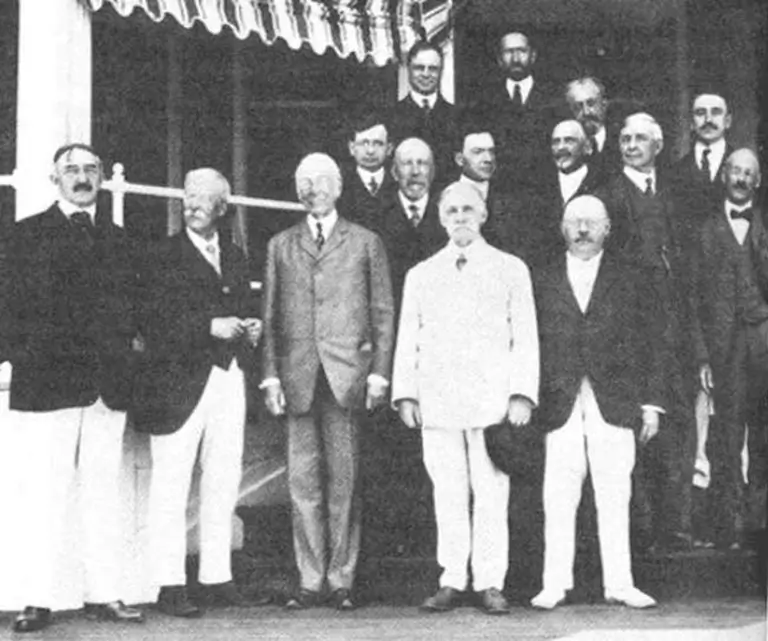
In the picture, you can see trustees of the General Educational Board, the first Rockefeller Foundation at a retreat in Rockland, Maine, in July 1915. Besides Rockefeller, in the middle, you can also see for instance Charles W. Eliot (former president of Harvard University), Harry Pratt Judson (President of the University of Chicago), and many other “important” individuals that just by meeting in the such arrangement have created something known as a conflict of interest.
It is amazing how little money took to do it. By that time surgery became a more important aspect of allopathic medicine because of anesthesia and infection control and doctors advocated more and more the use and research into expensive operations as a cure for every disease where it can be implemented. Then the large and lucrative hospital system was constructed and radium fever swept medicine. The price of radium rose 1000% overnight. The drug industry grew from booming patented medicine. The schools changed education standards and licensing regulations to exclude empirics. Only AMA-approved doctors could legally practice medicine. The media campaign was launched to spread fear and associate empirics with quacks and danger. From that time and to this day schools of medicine represent an interest of the banking cartel and not the interest of individuals.
Unfortunately, the medical “industry” and the government also has been taken over by special interests and that is the same situation to this day. Ans it was really simple. First Rockefeller, Morgan, and Carnegie gained control of the teaching system. Then they gave AMA the power to exclude all of the empirics and doctors who do not like from practicing. Then took over the entire drug testing process by heavily influencing medical publication that reviews those drugs and has control of the regular media. Finally, they extended their control over FDA that supposed to verify those drugs’ safety and efficacy.
The average doctor in medical school today gets a great education, he knows a lot about drugs and surgery, but he does not know one damn thing about nutrition. And he has learned to associate nutrition with quackery and to keep his mouth shut and go with industry guidelines for fear of losing his six-figure salary. He has learned that the only thing that matters is what the big book from which he learns in school told him because that is science and everything else is evil. The average doctor is in the same mindset as someone that has been indoctrinated into a religious cult. He had a fear of death if he starts to think outside of the industry guidelines literary.
There exists a high probability that he will lose his job by trying to help people. Then he is going to lose his house and then he is not going to be able to pay his student loan. Even if he knows what is going on eventually, he will accept the system and will defend it. He will give a Hippocratic oath, but he is not a real empiric doctor as Hippocrates himself was. For example, Hippocrates had forbidden his students to pierce human skin on all occasions. Doctors of today all the complete opposite. They will even consciously do you harm if that is what they were told to do. At the bare minimum, they will just be indifferent.
Even to this day, doctors are targeted for telling the truth. They learn in college to keep their mouth shut. Dr. John McDougall’s story was a good example (https://www.drmcdougall.com/). He was almost thrown out of medical school on a couple of occasions because he had a hard time keeping his mouth shut. Then he was almost thrown out of residency when he lost his cool after seeing one patient who had his third heart attack. He told the patient that he does not have a bright future if he does not shift to a starch-based diet of fruits and vegetables. His chief of Medicine called him in for a chat and told him that he embarrassed his attending doctor by talking about food and that he should never do that again if he needs to hold any job in the future. So he shut up for a while, and after he got his “ticket” the chief of Medicine for the residency University of Hawaii Dr. Schatz called him in again, and he said:
“You know McDougall, I like you. I like your wife and your children. I think you have a great family, but I am afraid you are going to starve to death with your crazy ideas about a vegetarian diet. You are not going to work anywhere, and the only patient you will ever collect are a bunch of bums and hippies.”
This is the same way that any form of organized crime functions thru different forms of intimidation toward your family. McDougall told him he had a big fat abdomen but that he has to look himself in the mirror and that he will not treat chronic diseases with drugs and surgery. For people who do not know today open heart surgery cost is: $324,000. You just cannot make that kind of profit with the selling of sweet potatoes. McDougall’s problem was that he was raised in a poor American family where the highest principles were honesty, so he probably did not fit well in the medical industry. Fortunately, he was not that big to become a real target, so he lived a full life. He later wrote the book named The Starch Solution .
I just use his situation as an example of the functioning of the entire system. Industry targets systematically every conceivable threat with no exception. This was 1978, and to this day the situation is the same. McDougall even gets kicked out of the Obesity Medicine Conference in San Francisco in 2016. He was asked to talk at the conference but the medical conference people required all the speakers to submit the slides and videos for approval. Initially, they thought that his approach was based on the Mediterranean diet but when they realized that it is not the Mediterranean diet they thought that it was, the full meat, alcohol, and cheese false Mediterranean diet and that instead, it was really poor people low-fat vegan starch-based diet (Mediterranean diet- “Wonder” of olive oil). They uninvited him with the excuse that he is not willing to be “politically correct”. He also got a law passed in 2011. He testified before the Senate Committee on the need to educate medical students on human nutrition. The bill was SB 380 Continuing medical education. It was passed in California Congress, and it was signed by Governor so it became the law in California to force the 11 medical schools too must teach nutrition to medical students. However, the medical industry does not have an interest in healing people, so the implementation of the law was given to the Medical Board in California.
They fulfill the law by putting one paragraph in their newsletter once a year about nutrition.
References:
Passages selected from a book: Pokimica, Milos. Go Vegan? Review of Science Part 2. Kindle ed., Amazon, 2018.
Related Posts
Do you have any questions about nutrition and health?
I would love to hear from you and answer them in my next post. I appreciate your input and opinion and I look forward to hearing from you soon. I also invite you to follow us on Facebook, Instagram, and Pinterest for more diet, nutrition, and health content. You can leave a comment there and connect with other health enthusiasts, share your tips and experiences, and get support and encouragement from our team and community.
I hope that this post was informative and enjoyable for you and that you are prepared to apply the insights you learned. If you found this post helpful, please share it with your friends and family who might also benefit from it. You never know who might need some guidance and support on their health journey.
– You Might Also Like –

Learn About Nutrition
Milos Pokimica is a doctor of natural medicine, clinical nutritionist, medical health and nutrition writer, and nutritional science advisor. Author of the book series Go Vegan? Review of Science, he also operates the natural health website GoVeganWay.com
Medical Disclaimer
GoVeganWay.com brings you reviews of the latest nutrition and health-related research. The information provided represents the personal opinion of the author and is not intended nor implied to be a substitute for professional medical advice, diagnosis, or treatment. The information provided is for informational purposes only and is not intended to serve as a substitute for the consultation, diagnosis, and/or medical treatment of a qualified physician or healthcare provider.NEVER DISREGARD PROFESSIONAL MEDICAL ADVICE OR DELAY SEEKING MEDICAL TREATMENT BECAUSE OF SOMETHING YOU HAVE READ ON OR ACCESSED THROUGH GoVeganWay.com
NEVER APPLY ANY LIFESTYLE CHANGES OR ANY CHANGES AT ALL AS A CONSEQUENCE OF SOMETHING YOU HAVE READ IN GoVeganWay.com BEFORE CONSULTING LICENCED MEDICAL PRACTITIONER.
In the event of a medical emergency, call a doctor or 911 immediately. GoVeganWay.com does not recommend or endorse any specific groups, organizations, tests, physicians, products, procedures, opinions, or other information that may be mentioned inside.
Editor Picks –
Milos Pokimica is a health and nutrition writer and nutritional science advisor. Author of the book series Go Vegan? Review of Science, he also operates the natural health website GoVeganWay.com
Latest Articles –
Top Health News — ScienceDaily
- The overlooked nutrition risk of Ozempic and Wegovyon February 4, 2026
Popular weight-loss drugs like Ozempic and Wegovy can dramatically curb appetite, but experts warn many users are flying blind when it comes to nutrition. New research suggests people taking these medications may not be getting enough guidance on protein, vitamins, and overall diet quality, increasing the risk of muscle loss and nutrient deficiencies.
- A 25-year study found an unexpected link between cheese and dementiaon February 4, 2026
A massive Swedish study tracking nearly 28,000 people for 25 years found an unexpected link between full-fat dairy and brain health. Among adults without a genetic risk for Alzheimer’s, eating more full-fat cheese was associated with a noticeably lower risk of developing the disease, while higher cream intake was tied to reduced dementia risk overall. The findings challenge decades of low-fat dietary advice but come with important caveats.
- MIT’s new brain tool could finally explain consciousnesson February 4, 2026
Scientists still don’t know how the brain turns physical activity into thoughts, feelings, and awareness—but a powerful new tool may help crack the mystery. Researchers at MIT are exploring transcranial focused ultrasound, a noninvasive technology that can precisely stimulate deep regions of the brain that were previously off-limits. In a new “roadmap” paper, they explain how this method could finally let scientists test cause-and-effect in consciousness research, not just observe […]
- Why heart disease risk in type 2 diabetes looks different for men and womenon February 4, 2026
Scientists are digging into why heart disease risk in type 2 diabetes differs between men and women—and sex hormones may be part of the story. In a large Johns Hopkins study, men with higher testosterone had lower heart disease risk, while rising estradiol levels were linked to higher risk. These hormone effects were not seen in women. The results point toward more personalized approaches to heart disease prevention in diabetes.
- Sound machines might be making your sleep worseon February 4, 2026
Sound machines may not be the sleep saviors many believe. Researchers found that pink noise significantly reduced REM sleep, while simple earplugs did a better job protecting deep, restorative sleep from traffic noise. When pink noise was combined with outside noise, sleep quality dropped even further. The results suggest that popular “sleep sounds” could be doing more harm than good—particularly for kids.
- This unexpected plant discovery could change how drugs are madeon February 3, 2026
Plants make chemical weapons to protect themselves, and many of these compounds have become vital to human medicine. Researchers found that one powerful plant chemical is produced using a gene that looks surprisingly bacterial. This suggests plants reuse microbial tools to invent new chemistry. The insight could help scientists discover new drugs and produce them more sustainably.
- A hidden cellular process may drive aging and diseaseon February 3, 2026
As we age, our cells don’t just wear down—they reorganize. Researchers found that cells actively remodel a key structure called the endoplasmic reticulum, reducing protein-producing regions while preserving fat-related ones. This process, driven by ER-phagy, is tied to lifespan and healthy aging. Because these changes happen early, they could help trigger later disease—or offer a chance to stop it.
PubMed, #vegan-diet –
- Diet type and the oral microbiomeon February 2, 2026
CONCLUSION: The diet-oral microbiome-systemic inflammation axis is bidirectional and clinically relevant. Understanding both direct ecological regulation and indirect metabolic effects is essential to support precision nutrition strategies aimed at maintaining oral microbial balance and systemic inflammatory risk mitigation.
- Consensus document on healthy lifestyleson January 22, 2026
Proteins are a group of macronutrients that are vital to our lives, as they perform various functions, including structural, defensive and catalytic. An intake of 1.0-1.2 g/kg/body weight per day would be sufficient to meet our needs. Carbohydrate requirements constitute 50 % of the total caloric value and should be obtained mainly in the form of complex carbohydrates. In addition, a daily intake of both soluble and insoluble fiber is necessary. Regular consumption of extra virgin olive oil […]
- Vitamin B12 and D status in long-term vegetarians: Impact of diet duration and subtypes in Beijing, Chinaon January 21, 2026
CONCLUSIONS: This study reveals a dual challenge among Beijing long-term vegetarians: vitamin B12 deficiency was strongly associated with the degree of exclusion of animal products from the diet (veganism), while vitamin D deficiency was highly prevalent and worsened with longer diet duration. The near-universal vitamin D deficiency observed in this study suggests that, in the Beijing context, the risk may extend beyond dietary choice, potentially reflecting regional environmental factors;…
- Nutritional evaluation of duty meals provided to riot police forces in Germanyon January 13, 2026
Background: The primary role of the German riot police is maintaining internal security. Due to challenging working conditions, riot police forces face an elevated risk of various diseases. During duty, forces are provided with meals. A balanced diet can reduce the risk of some of these diseases and contribute to health-promoting working conditions. Aim: First evaluation of the nutritional quality of duty meals in Germany based on German Nutrition Society recommendations (DGE). Methods: In…
- Iodineon January 1, 2006
Iodine is an essential trace nutrient for all infants that is a normal component of breastmilk. Infant requirements are estimated to be 15 mcg/kg daily in full-term infants and 30 mcg/kg daily in preterm infants.[1] Breastmilk iodine concentration correlates well with maternal urinary iodine concentration and may be a useful index of iodine sufficiency in infants under 2 years of age, but there is no clear agreement on a value that indicates iodine sufficiency, and may not correlate with […]
Random Posts –
Featured Posts –
Latest from PubMed, #plant-based diet –
- From paddy soil to dining table: biological biofortification of rice with zincby Lei Huang on February 4, 2026
One-third of paddy soils are globally deficient in zinc (Zn) and 40% of Zn loss in the procession from brown rice to polished rice, which results in the global issue of hidden hunger, e.g., the micronutrient deficiencies in the rice-based population of developing countries. In the recent decades, biofortification of cereal food crops with Zn has emerged as a promising solution. Herein, we comprehensively reviewed the entire process of Zn in paddy soil to human diet, including the regulatory…
- Molecular Characterization of Tobacco Necrosis Virus A Variants Identified in Sugarbeet Rootsby Alyssa Flobinus on February 3, 2026
Sugarbeet provides an important source of sucrose; a stable, environmentally safe, and low-cost staple in the human diet. Viral diseases arising in sugarbeet ultimately impact sugar content, which translates to financial losses for growers. To manage diseases and prevent such losses from occurring, it is essential to characterize viruses responsible for disease. Recently, our laboratory identified a tobacco necrosis virus A variant named Beta vulgaris alphanecrovirus 1 (BvANV-1) in sugarbeet…
- Nutrition in early life interacts with genetic risk to influence preadult behaviour in the Raine Studyby Lars Meinertz Byg on February 3, 2026
CONCLUSIONS: Nutrition in early life and psychiatric genetic risk may interact to determine lasting child behaviour. Contrary to our hypothesis, we find dietary benefits in individuals with lower ADHD PGS, necessitating replication. We also highlight the possibility of including genetics in early nutrition intervention trials for causal inference.
- Effect of the gut microbiota on insect reproduction: mechanisms and biotechnological prospectsby Dilawar Abbas on February 2, 2026
The insect gut microbiota functions as a multifunctional symbiotic system that plays a central role in host reproduction. Through the production of bioactive metabolites, gut microbes interact with host hormonal pathways, immune signaling, and molecular regulatory networks, thereby shaping reproductive physiology and fitness. This review summarizes recent advances in understanding how gut microbiota regulate insect reproduction. Accumulating evidence demonstrates that microbial metabolites…
- Rationale and design of a parallel randomised trial of a plant-based intensive lifestyle intervention for diabetes remission: The REmission of diabetes using a PlAnt-based weight loss InteRvention…by Brighid McKay on February 2, 2026
CONCLUSIONS: This trial will provide high-quality clinical evidence on the use of plant-based ILIs to address the epidemics of obesity and diabetes to inform public health policies and programs in Canada and beyond.
- Diet type and the oral microbiomeby Daniel Betancur on February 2, 2026
CONCLUSION: The diet-oral microbiome-systemic inflammation axis is bidirectional and clinically relevant. Understanding both direct ecological regulation and indirect metabolic effects is essential to support precision nutrition strategies aimed at maintaining oral microbial balance and systemic inflammatory risk mitigation.
